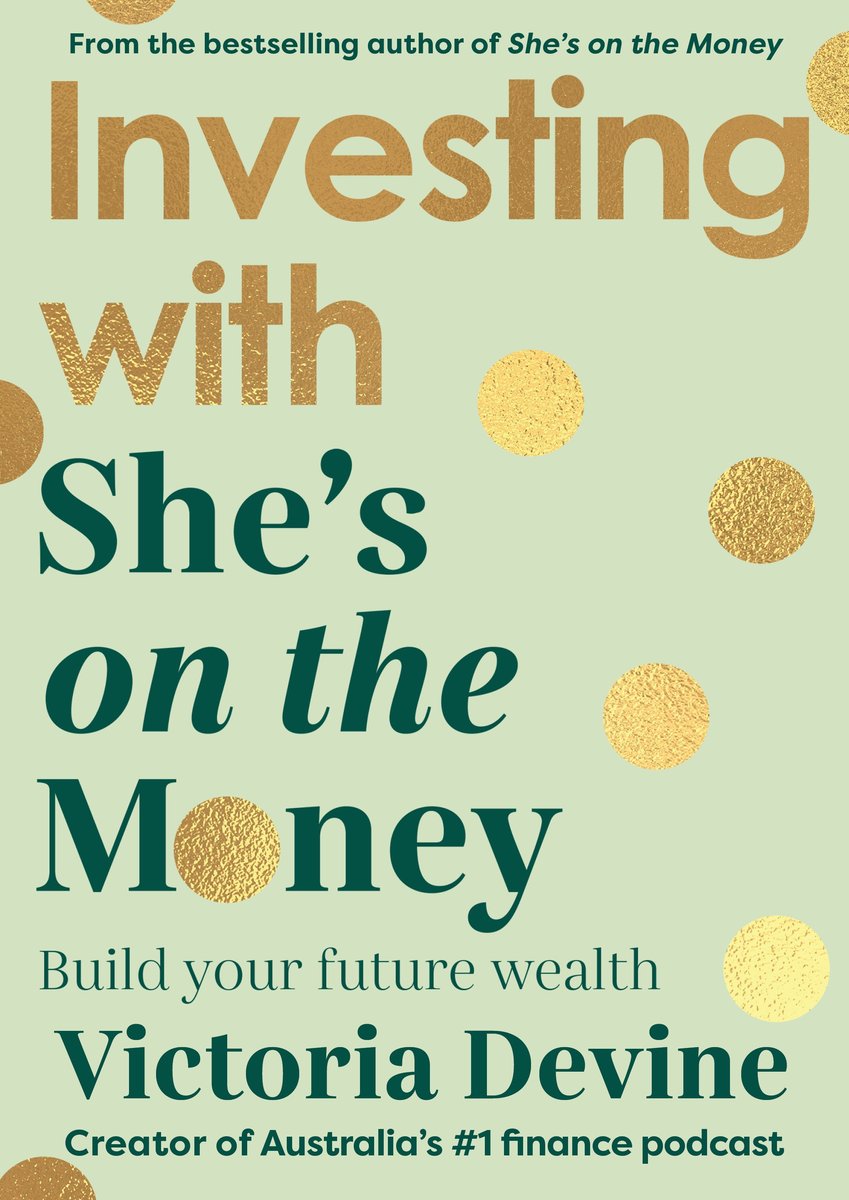
As we’ve seen, you can win or lose with property. Just the same way as you can win or lose in the share market, every investment has its risks.
Before jumping headfirst into property, there are a few things that are important to note. Firstly, there’s a common phrase, 'safe as houses' - the implication being that investing in property is always a fairly safe bet. I’d argue that’s not the case.
Secondly, you need to consider diversification. Heard the phrase 'don’t put all your eggs in one basket'? If you were to choose property as your main and only investment, this is what you’d be doing. I’m not saying don’t do that, but I am saying just be aware of concentrating lots of risk in one asset.
Watch: 4 money hacks that don't cut out your daily cup of coffee. Post continues below.
Here are some of the key pros and cons of property investing:
Pros.
1. It’s real and tangible. Property is bricks and mortar and tiles and carpet. You can drive past it, visit it on weekends and even plan to live in it if your financial world goes topsy-turvy and that becomes necessary.
2. A tenant helps you pay off your asset. The cost of owning an investment property can be contributed to by the rent your tenant pays. If the rent covers the interest, repayment of principal and any other costs associated with the property, over time the income from your tenants could help you eventually own the asset outright, in full, while reducing how much you have to dip into money from your other income sources to pay it off.

Top Comments